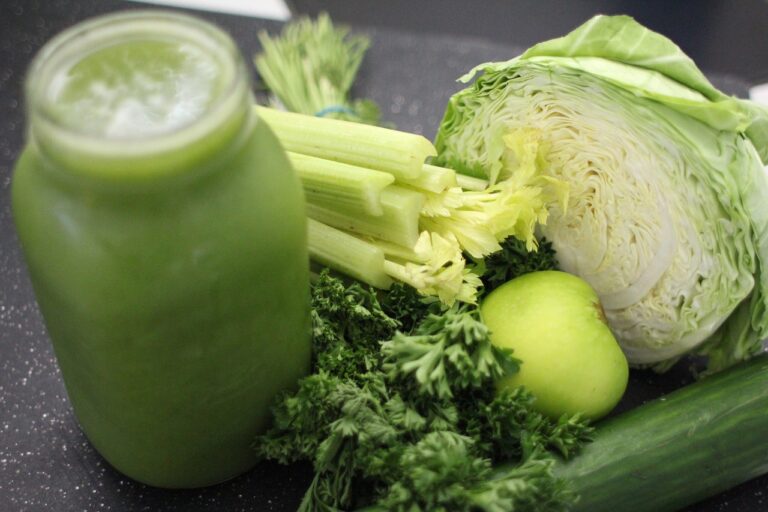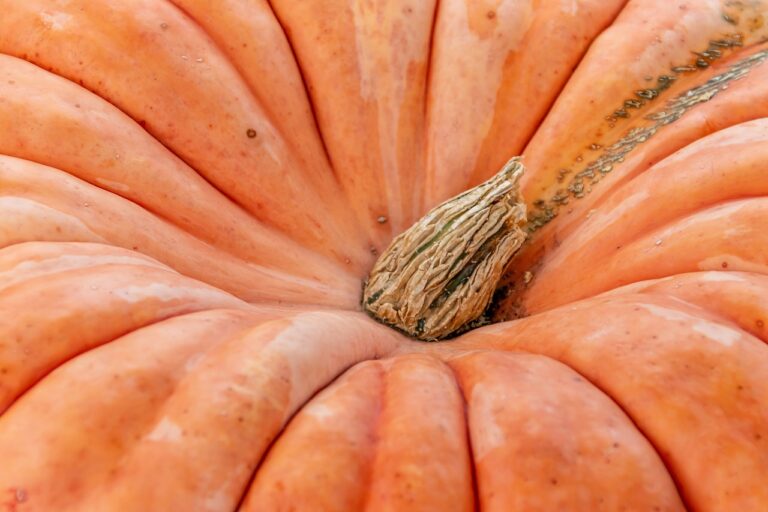Honey Production and Local Food Culture: 247betbook, Radhe exchange login, World 777 id
247betbook, radhe exchange login, world 777 id: Honey Production and Local Food Culture
Honey is a versatile and delicious natural sweetener that has been used by humans for centuries. Not only does it taste great, but honey also offers a myriad of health benefits. In recent years, there has been a resurgence of interest in honey production as consumers have become more conscious of where their food comes from and the impact it has on the environment.
In this article, we will explore the world of honey production and its importance in local food culture. From the process of making honey to the benefits of consuming locally-produced honey, we will delve into why supporting local honey producers can have a positive impact on both our health and the environment.
The Process of Making Honey
Honey production begins with the hardworking honey bees. These tiny insects play a vital role in pollinating plants and flowers, which is crucial for the growth of fruits and vegetables. Bees collect nectar from flowers and bring it back to their hives, where they process it into honey through a series of regurgitation and evaporation processes. The end result is a thick, golden liquid that is rich in nutrients and flavor.
Local honey producers work tirelessly to maintain healthy bee colonies and ensure that the honey they harvest is of the highest quality. They often place their hives in areas with abundant flowers and plants to provide the bees with a diverse source of nectar. By supporting local honey producers, consumers can help promote the health and well-being of bee populations in their area.
The Benefits of Consuming Local Honey
There are numerous benefits to consuming local honey. One of the most significant advantages is that local honey is often raw and unprocessed, meaning it retains all of its natural enzymes, antioxidants, and nutrients. Raw honey is known to have antibacterial and antiviral properties, making it a popular natural remedy for coughs and sore throats.
Local honey also has the added benefit of helping to alleviate seasonal allergies. By consuming honey that is made from local flowers, individuals can gradually build up immunity to the pollen in their area, reducing their allergic reactions over time.
Furthermore, by purchasing honey from local producers, consumers are supporting small businesses and their communities. Local honey producers are often passionate about their craft and take great care in producing high-quality honey that reflects the unique flora of their region.
The Environmental Impact of Local Honey Production
Supporting local honey producers can also have a positive impact on the environment. Bees are essential pollinators for many crops, including fruits, vegetables, and nuts. By supporting local beekeepers, consumers are helping to ensure the health and longevity of bee populations in their area, which is crucial for maintaining biodiversity and food security.
In addition, local honey production often involves sustainable and eco-friendly practices. Many small-scale honey producers use natural and organic methods to care for their bees and hives, avoiding the use of harmful pesticides and chemicals. By choosing to buy honey from local sources, consumers can reduce their carbon footprint and support practices that are beneficial for the planet.
The Role of Honey in Local Food Culture
Honey has long been a staple ingredient in local food cultures around the world. From drizzling it over yogurt or oatmeal to using it as a sweetener in baked goods and marinades, honey adds a unique flavor and depth to a wide variety of dishes. Local honey, in particular, can capture the essence of a region’s flora, providing consumers with a taste of the local terroir.
In recent years, there has been a growing trend towards incorporating honey into culinary creations in innovative ways. Chefs and home cooks alike are experimenting with honey-infused cocktails, savory dishes, and artisanal honey pairings. Local honey producers have been collaborating with restaurants and food artisans to showcase the versatility and depth of flavors that honey has to offer.
By embracing honey in their culinary traditions, communities are preserving and celebrating the rich history and heritage of honey production. Local food markets and festivals often feature honey from nearby producers, allowing consumers to connect with the people and places behind their food. These events can serve as a platform for educating the public about the importance of supporting local food systems and the role that honey plays in sustainable agriculture.
Harnessing the Power of Local Honey
As consumers become more mindful of their food choices and their impact on the environment, supporting local honey producers has never been more important. By choosing to buy honey that is made in their region, individuals can enjoy the numerous health benefits of raw honey, support small businesses, and contribute to the preservation of bee populations and biodiversity.
Whether it’s drizzling honey over a bowl of fresh fruit or using it to sweeten a cup of tea, incorporating local honey into our diets is a simple and delicious way to connect with our food culture and support the communities around us. By harnessing the power of honey, we can nourish our bodies, our communities, and the planet for generations to come.
FAQs
Q: Is local honey better than store-bought honey?
A: Local honey is often preferred by consumers for its freshness, unique flavors, and health benefits. Store-bought honey may be processed and pasteurized, which can diminish its natural enzymes and nutrients.
Q: Can honey alleviate allergies?
A: Some individuals find relief from seasonal allergies by consuming local honey, which may help them build immunity to local pollen over time. However, more research is needed to confirm the efficacy of this method.
Q: How can I support local honey producers?
A: You can support local honey producers by purchasing honey from farmers’ markets, co-ops, and specialty stores that carry locally-produced honey. Visiting bee farms, participating in honey tastings, and spreading awareness about the importance of honey bees are also great ways to show support.







